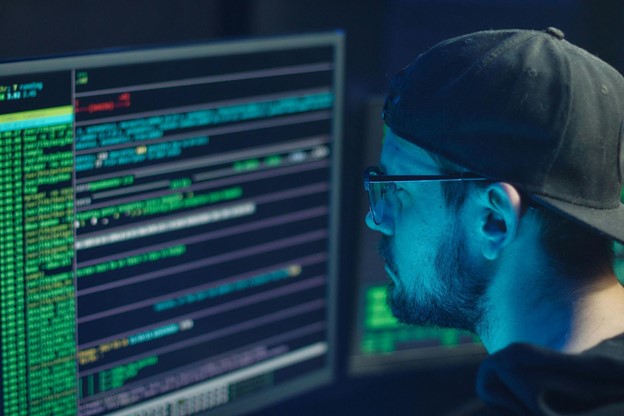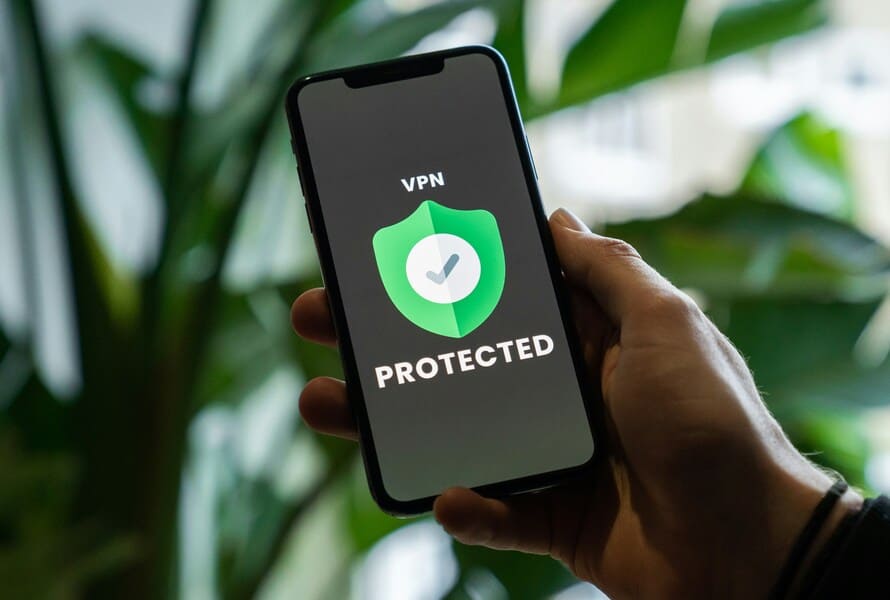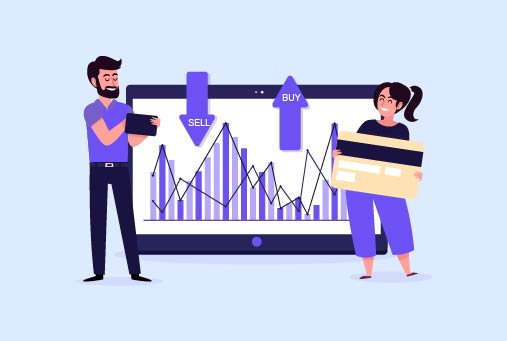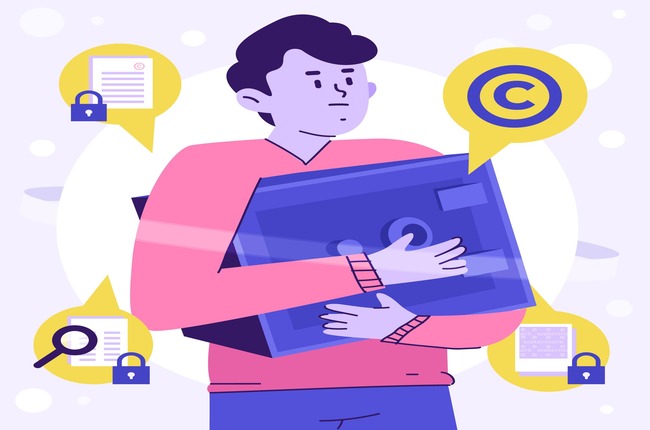
Do We Still Need Antivirus in 2025?
These days, almost everyone understands the value of using a VPN. A VPN makes your connection secure whether you are working remotely, using a public Wi-Fi connection, and even when you are simply attempting to conceal your browsing activity.
However, online protection is not only about the protection of your IP address.
Since cyber threats are changing fast, the big question is whether we should continue using antivirus programs in 2025. Short answer: yes. The long answer to this will depend on your habits, the devices you are using and what kind of data you are trying to protect.
The Future of Online Security in 2025: A VPN Is Not Enough
VPNs do assist in providing a channel of privacy between your computer and the internet, however, they do not actively scan or block malicious software. This is where antivirus comes into play, as even today it remains a vital component of online security, given that cyberspace criminals now employ smarter and more aggressive methods.
Indeed, since more individuals now venture into digital finance and deal with such assets as crypto wallets, a greater layer of protection has been demanded. Best crypto staking platforms allow users to earn passive income when their coins are locked on a blockchain network to contribute to its functioning. However, with staking usually comes connecting to online services, interpolating and storing private keys, and handling wallets, which leaves a new prospect of attack vectors. This is why it is important to have antivirus protection.
Why Antivirus Is Still Necessary
It’s tempting to think that antivirus is outdated. After all, Windows, macOS, Android, and iOS now come with built-in security features. But while those tools are useful, they don’t catch everything.
Cyber threats in 2025 are not what they used to be. Malware has gotten more advanced, phishing scams more convincing, and ransomware more destructive. Some threats are powered by artificial intelligence, allowing them to adapt and avoid detection. Others are tailored to specific users or businesses, making them harder to recognize.
Today’s hackers target not just your laptop, but your smartphone, smart TV, and even your home network.
Are Built-In Tools Good Enough?
Built-in security tools are a great start, but often fall short in key areas:
Windows and Android are still top targets for cyberattacks. While Microsoft Defender has improved, it can’t match the breadth of protection offered by premium antivirus tools, especially for users who download content or use multiple apps daily.
Macs are less targeted, but not immune. With more users and more data passing through macOS devices, cybercriminals are paying attention. If you’re handling sensitive files or business data, an extra layer of security makes sense.
iOS devices, like iPhones and iPads, are locked down pretty well, but phishing, social engineering, and app-based data leaks are still a risk.
So, while your operating system may protect you from some attacks, it likely won’t cover everything, especially the more complex or targeted threats.
What Today’s Antivirus Software Really Does
In 2025, antivirus is not only about viruses, but also about end-to-end digital protection:
- Real-time security that detects and prevents a threat in real time.
- Intelligence driven tools like behavioral detection to indicate anomalous activity to detect new and disguised threats.
- Ransomware defense that does not allow your files to be encrypted or ransomware to hold your files hostage.
- Browser protection software to assist you evade phony sites and questionable downloads.
- Additional features such as VPN, password managers, and identity theft protection, as the product varies.
When You Need More Than What’s Built In
Not everyone needs a paid antivirus suite with advanced tools like a firewall. But if any of the following sound familiar, it’s probably worth the investment:
- You regularly download programs, torrents, or media online.
- You click links in emails or browse unfamiliar websites.
- You run a small business or work with sensitive customer data.
- You use digital wallets, crypto platforms, or online banking tools.
- You want tools like a secure browser or dark web monitoring.
The more time you spend online, and the more valuable the data you handle, the more you’ll benefit from advanced protection.
What About Free Antivirus?
Free tools can work for people with low-risk behavior, but they often come with trade-offs. Some have ads or push upgrades aggressively. Others may collect and sell usage data.
And while they usually cover the basics, they rarely include tools like ransomware rollback, secure banking modes, or phishing protection.
Smart Habits Make a Big Difference
Your habits are what count most even with the best antivirus. Making some simple changes is enough:
- Keep your software up to date, including the operating system and the applications you use in everyday use.
- Include good, distinct passwords and store them in the password manager.
- Do not click on questionable links or download files on sources unknown to them.
- Always store back up of your files, particularly work or personal important files.
Your seatbelt is antivirus. It is essential but still you have to drive carefully.
Final Thoughts
Antivirus software still plays an important role in 2025. While operating systems have come a long way, cyber threats have evolved just as fast, if not faster.
Using a VPN is a great start to protecting your privacy, but it’s only part of the picture. Combining that with smart antivirus protection gives you a more complete safety net, especially if you’re active online, store sensitive data, or manage crypto assets.





